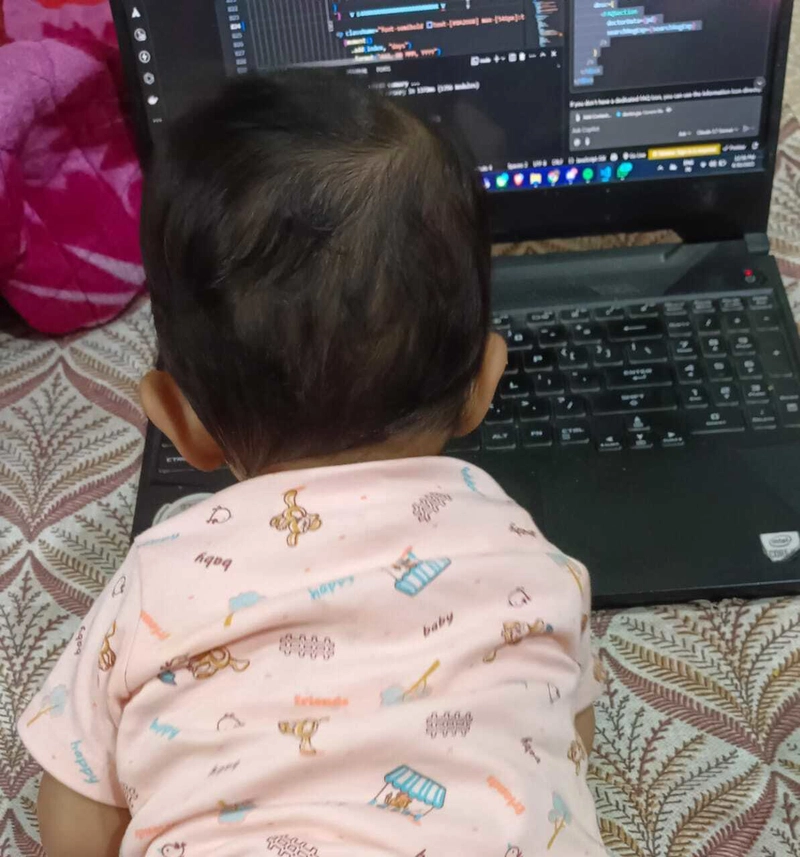So yeah, let’s discuss what backend is, why it matters, what a typical backend structure looks like, what OAuth is, how your database choice affects things, and why having a solid data model and understanding of your app’s purpose is key for writing production-level code. We’ll also talk about file structure and more! In this article, we’re going deep into backend development!!
So let’s begin! In a broader spectrum, backend development involves understanding the differences between backend and frontend, choosing appropriate programming languages (Java, Python, JS, Go, Rust, C#), working with various types of databases (SQL, NoSQL, NewSQL), and learning about different API types (REST, GraphQL, gRPC, SOAP) and authentication methods (JWT, OAuth2, API keys). Additionally, it includes knowledge of server hosting services, containerization, server setup, and DevOps practices such as CI/CD pipelines, Infrastructure as Code (IaC), and monitoring tools.
However, in this particular article, we’re not going to focus on server hosting services, containerization, server setup, and DevOps practices, since they aren’t needed at this stage and can be learned later in the process of building!
Here’s the flow we’ll follow:
Introduction: What is Backend Development?
Core Components of the Backend
Common Tools & Technologies
Backend in Action (Example Workflow)
Key Concepts to Understand
Scaling and Performance
Why Backend Matters
read the complete article here: https://kartikshukla.hashnode.dev/backend-development-demystified-from-structure-to-real-life-apis

